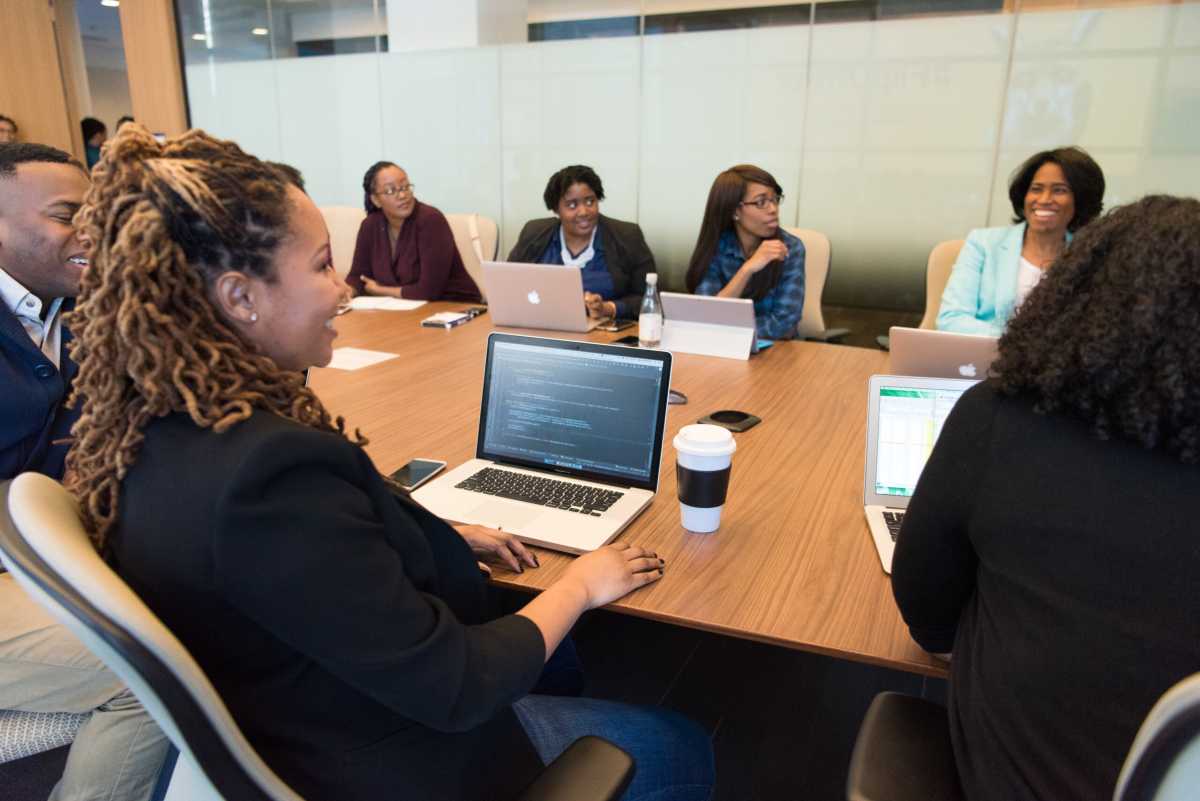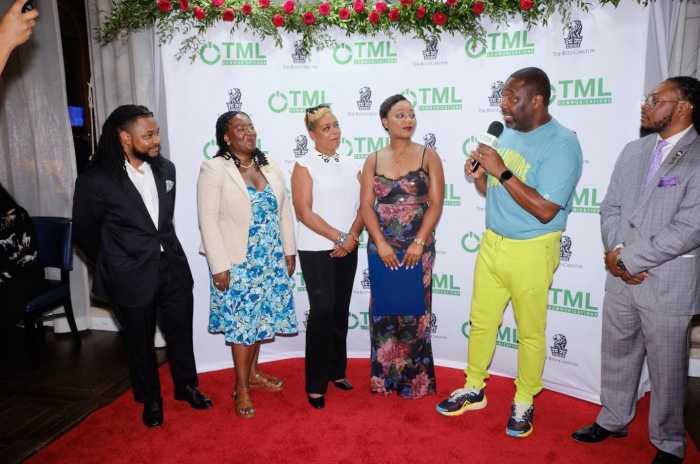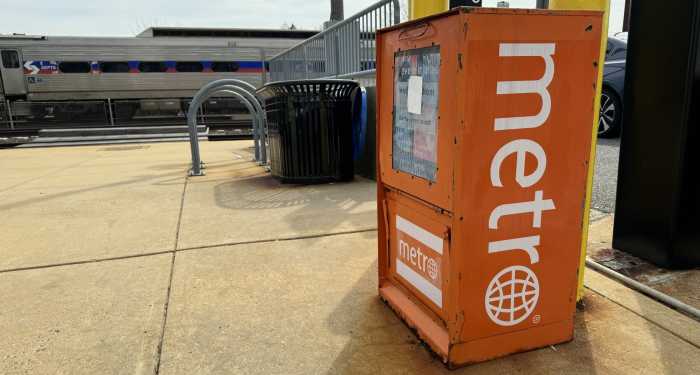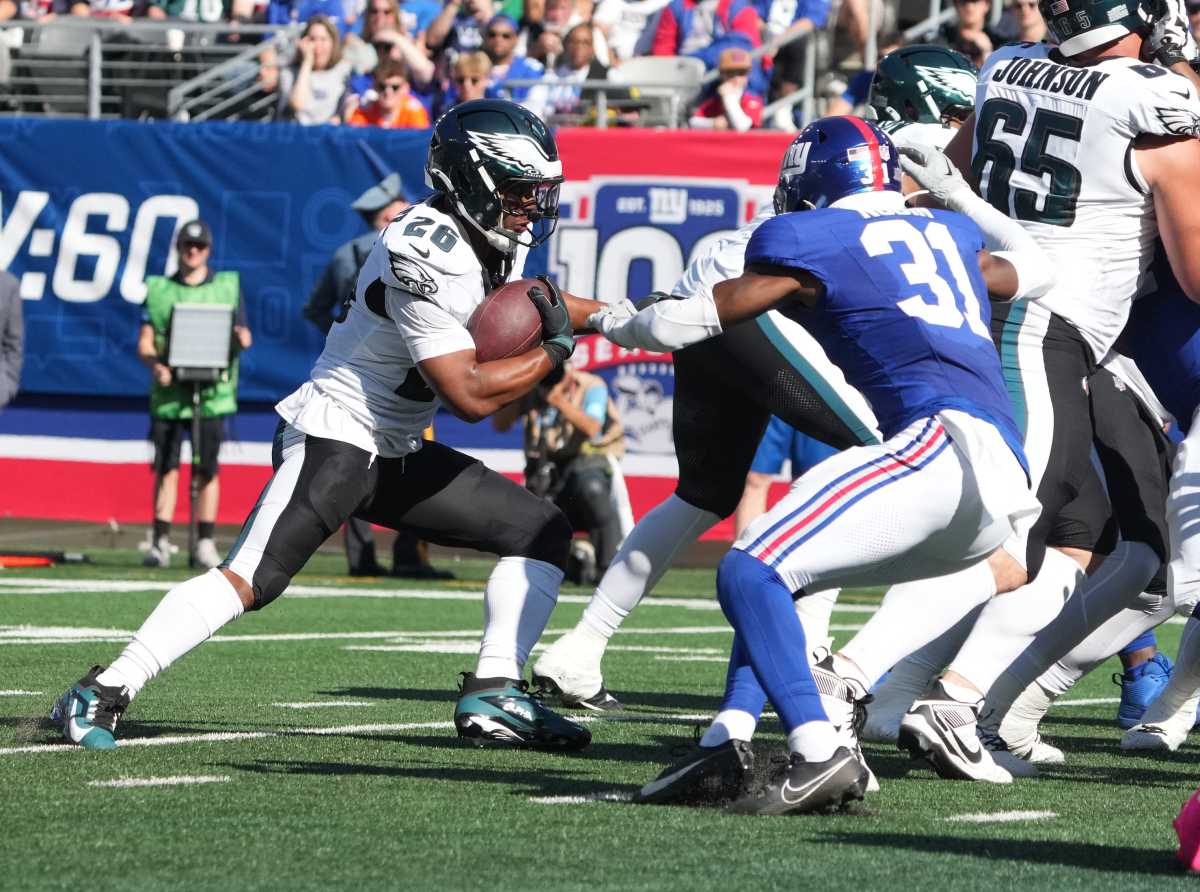For this special edition of The Business Corner, we are looking closely at how increasing the size of minority contracts would reduce the racial wealth gap.
As African-Americans, or Black, individuals and families, we have made some strides to increasing wealth in the recent years, but the racial wealth gap continues to increase, according to a report from the Brookings Institute.
According to that research, median Black wealth increased from $27,970 to $44,890 between the period of 2019 to 2022. However, in 2022 the median wealth was approximately “$62,000 for non-white Latino or Hispanic households” and $285,000 for white households”.
We need to work harder to identify solutions. In speaking with other Black business owners as well as some of our local elected leaders, it is clear we need higher contracting opportunities to increase the wealth for minority households.
Issues landing contracts
According to research from Pew, most “Black-owned businesses have relatively small payrolls. Roughly two-thirds (66%) had fewer than 10 employees in 2020; 14% had 10 to 49 employees and just 3% had 50 or more” employees.
Likewise, Forbes says there are approximately 3.12 million Black-owned businesses, while 3 million of them do not have any additional employees other than the owner. We simply need to do more to help Black-owned businesses thrive.
As I have noted before, sufficient revenue and profits are necessary to invest in a business, which includes hiring employees and growing to reach higher levels of sales revenue.
Instead of fighting for nominal subcontracting dollars, which leads to a race to the lowest price and questionable quality, we need to identify and prioritize prime contracting opportunities where total price is not the controlling factor for the decision-maker.
With additional profits, Black-owned businesses can grow the wealth of Black families in the Philadelphia region, and elsewhere. It does not make sense that Black people make up approximately 39.6% of the population here in Philadelphia, but simply lack the wealth of our counterparts from other races.
The truth is we need $500,000, $1 million, $3 million, and higher contracting opportunities for Black businesses. It is also important that the contracting entity (i.e., a large corporation, state, or local entity) does not exert an inordinate amount of pricing pressure during negotiations at a level that it would not for any other prime contractor.
Simply put, a $2 million contract that would be $3 million, or $3.5 million, for an owner who is not a minority is not as helpful as one would think. Black business owners need to price competitively, but that does not mean ignoring the potential profit or discretionary sales revenue from a particular opportunity.
Maybe its additional offerings support technical assistance and other entrepreneurship assistance programs which can provide in the future. Because of the historic lack of opportunity for Black businesses, many of the owners do not feel comfortable sticking to a firm price because they are simply happy to have the opportunity.
But marketing is vital to obtaining a fair price for a product or service. Positioning is something many businesses need to work on as well as an economic analysis of opportunities in the marketplace.
Black business owners can’t afford a $500,000 contract with $10,000 in profit. Rather, they need to look at what competitors are making and work to position their company alongside, or above, those organizations in terms of quality, price, etc.
As we reflect this month on Black history, take a moment to think about your future goals as Black business owners. If you are an executive at a large corporation, perhaps it would make sense to review your contracting practices and ensure that Black business owners have a fair shot at a contract with an appropriate number of profits.
Without economic opportunity that is equal for everyone, we cannot truly make progress. That would lead to a repeat of some of the history in this nation, where we have been marginalized and forgotten.
It is great we have a seat at the table. I just want to be able to pay the bill when it comes after this meal.
Teresa M. Lundy is the principal and founder of TML Communications, the award-winning strategic public relations, crisis communications, and community engagement firm serving corporations, nonprofit organizations, and government agencies. Follow Teresa on Twitter @TeresaMLundy.



























